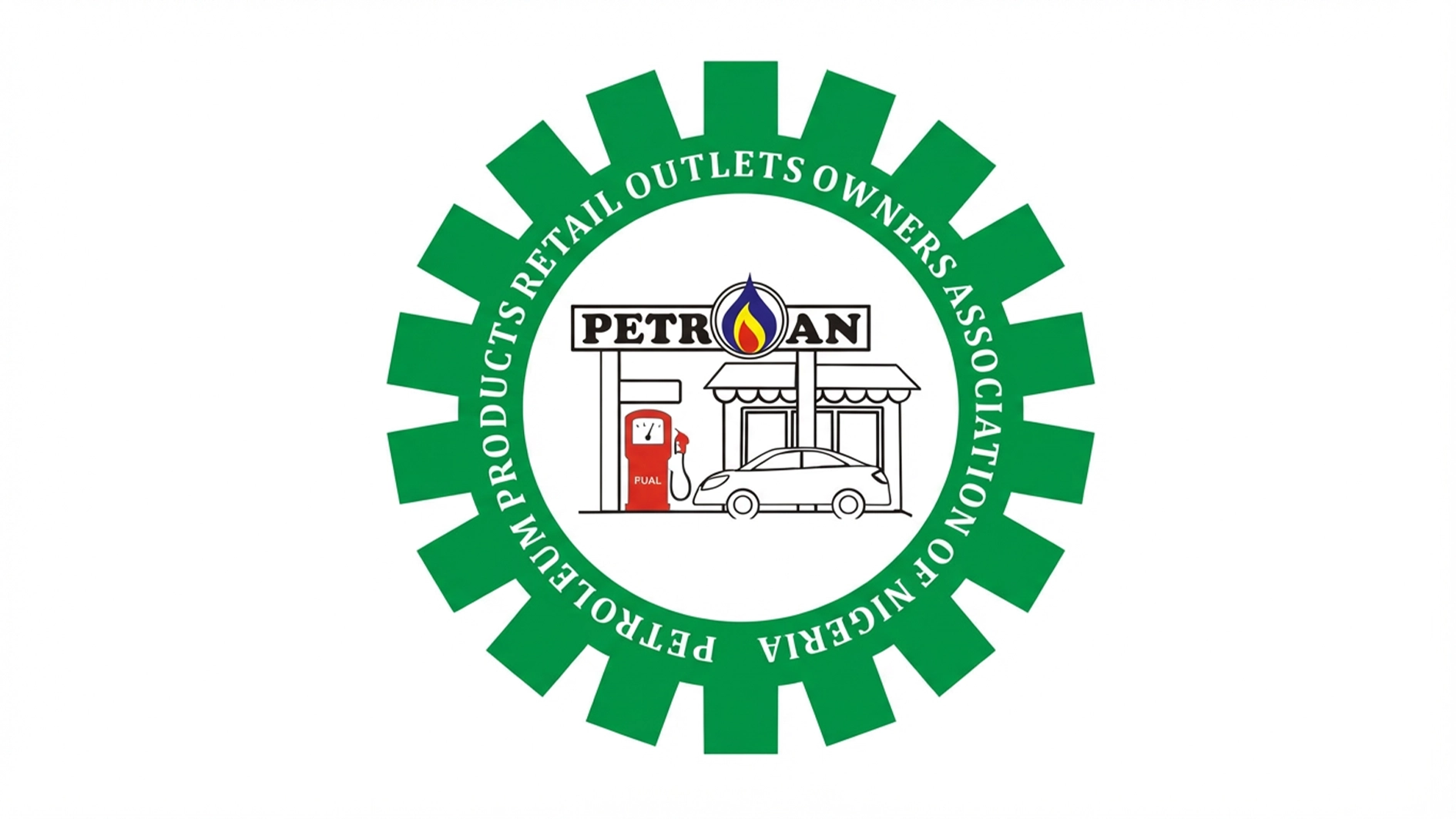Says Dangote refinery stabilising JET-A pricing, availability
Nigeria and other African countries may see a reduction in the per-barrel cost of oil production and improve operational stability with dedicated logistics aimed at phasing out downtime across the upstream and downstream petroleum industry, VivaJets’ Chief Executive Officer, Erika Achum, has said.
Achum said VivaJets, a fast-rising African business aviation company, is positioning itself as a critical logistics partner for the continent’s energy industry, pledging to deliver more efficient and cost-effective mobility solutions as part of its expansion across Africa.
Speaking on the sidelines of African Energy Week in Cape Town, Achum disclosed that local refining of crude oil, especially by the Dangote Refinery, is helping the aviation industry address pricing instability and fuel availability in the sector.
Achum said the company is reshaping how air logistics supports oil and gas operations, ensuring essential movement of people, equipment and products in a sector where time delays often translate into enormous financial losses.
Speaking with The Guardian, Achum explained that while the company is often perceived as providing luxury services, the majority of its operations are essential to economic productivity, particularly in energy, trade, and business facilitation across the continent.
We are in the business of moving people, enabling businesses, and fostering trade across Africa. Although many may see private aviation as a luxury, over 90 per cent of our flights are actually essential missions,” she said.
Nigeria’s high cost of crude oil production, estimated at over $40 per barrel, remains a major challenge to both government revenue and corporate profitability.
Achum argued that improving logistics efficiency can help address a part of this cost burden.
He explained that although aviation logistics constitutes only a portion of the total production cost, its influence on operational continuity and project timelines is significant.
“When a rig is idle because a technician or part is delayed, the financial implications are massive. Our model focuses on reliability, timeliness, and precision, ensuring that clients avoid such downtime,” Achum said.
According to him, aviation and logistics are integral to the oil and gas value chain, particularly in Nigeria, where petroleum revenues account for about 70 per cent of government income despite contributing less than 10 per cent to GDP.
Achum noted that sustaining an oil economy requires robust logistics systems capable of moving personnel and equipment quickly and safely. VivaJets has, therefore, identified the energy sector as a major growth market, serving clients across the upstream, midstream, and downstream segments.
“Oil remains the lifeblood of our economy. For that to flow efficiently, you need proper movement for people, products, and equipment. That’s where our expertise comes in,” Achum said.
In the oil industry, delays can be extremely costly. A day’s delay in transporting critical parts or personnel to an offshore rig can cost operators up to $150,000 in lost production.
“Beyond reducing costs, what really matters is efficiency. Every stage of oil production is time-sensitive. Our role is to make sure people and materials get where they need to be, when they need to be there,” Achum added.
The organisation’s cost efficiency, Achum said, has also improved in recent years due to a stabilised aviation fuel supply and increasing local maintenance capacity in Nigeria.
For years, business aviation in Nigeria was constrained by inconsistent fuel availability and volatile prices. The emergence of new domestic refining capacity and improved supply logistics has begun to ease those constraints, enabling operators to plan and price more confidently.
“The problem used to be both cost and availability. But with stability now in supply, we can model prices better and deliver services more predictably,” he noted.
The company has also made major gains by localising aircraft maintenance operations. Between January 2023 and January 2024, the firm spent nearly $1 million maintaining its aircraft in South Africa. Today, all maintenance is carried out domestically.
“Local maintenance has reduced our dollar exposure, created jobs within the ecosystem, and made operations cheaper. For example, a major maintenance inspection on our Challenger 604, which would have cost about $2 million abroad, now costs nearly half when done locally,” Achum explained.
This shift aligns with the Nigerian government’s goal of retaining more aviation-related spending within the domestic economy and building technical capacity in the sector.
Achum disclosed that the company recently secured $6 million in debt financing from the UK-based TLG Capital and is on track to raise an additional $15 million before the end of next month.
The fresh funding will be used to expand VivaJets’ fleet and strengthen its operational presence across Africa, particularly with more oil discoveries on the continent.
“We’re growing from three to four aircraft now, and by the third quarter of 2026, we expect to have significantly increased our fleet. This will allow us to serve more routes and clients across the continent,” Achum said.
Rather than establishing physical offices in multiple countries, VivaJets is pursuing an asset-light, continent-wide operational model. This approach enables it to base aircraft in various African cities, such as Nairobi or Dakar, without requiring permanent infrastructure in each location.
“Aviation is an exportable service. We can operate an aircraft in Nairobi without being physically based there. This gives us flexibility and allows us to serve clients wherever they need us,” he said.
Achum also highlighted the similarities between the oil and aviation industries, both of which are highly regulated, safety-driven, and innovation-oriented.
He said VivaJets views itself as a “learning organisation” constantly improving its systems, safety, and efficiency.
At the energy conference, he emphasised that collaboration between both sectors is vital to Africa’s economic growth.
“There’s a strong relationship between the energy and aviation industries. Both are built on safety, precision, and efficiency. Engaging with our partners and clients in this space is not just valuable, it’s necessary for progress,” she said.






